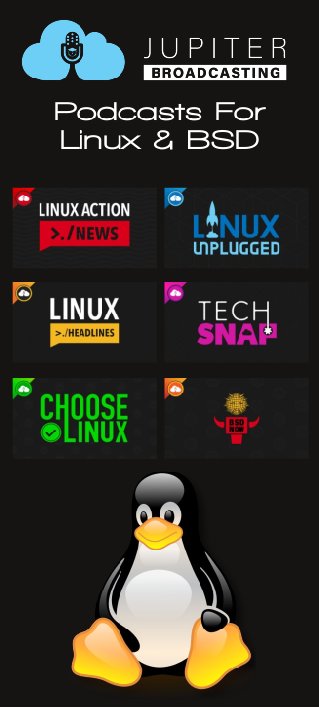| Previous
Page |
PCLinuxOS
Magazine |
PCLinuxOS |
Article List |
Disclaimer |
Next Page |
A Broad Federal Publicity Right Is A Risky Answer To Generative AI Problems |
|
by Corynne McSherry  As users continue to experiment with generative AI tools, artists are increasingly concerned that use of the tools to mimic their respective "styles" will put them out of business. In addition to the now-infamous AI-generated song that seemed to feature Drake and The Weeknd, digital artists, musicians, actors, writers, and others are seeing their names regularly invoked, without their permission, to generate new works. Despite the flurry of lawsuits, those new works and the training of the tool itself probably do not infringe the copyright in any work used in the training set – even if the person who used the tool to generate it asked for something in a particular artist's "style." And that's probably a good thing on balance: given the scope and length of copyright, as well as the financial cost of violating those rights accidentally, it's important to clearly demarcate what is and is not protected, and "style" does not lend itself to clear markers. But that doesn't mean the creator of the original work has no recourse. As the premise of at least one of those lawsuits shows, there's an alternative legal theory: publicity rights. But that legal approach comes with its own risks – especially if, as some are proposing, it is enshrined as an expansive federal right. The right of publicity is an offshoot of state privacy law that gives a person the right to limit the public use of her name, likeness, or identity for commercial purposes. The original idea was to ensure that private individuals weren't drawn into the public sphere without their consent through such marketing efforts. A majority of states have some version of the right, and a limited version of it makes sense. For example, you should be able to prevent a company from running an advertisement that falsely claims that you endorse its products. In the generative AI context, publicity rights might be a useful way to deter commercial exploitative "impersonation." If Frito-Lay uses AI to generate a voiceover for an advertisement that sounds like Nicki Minaj, and is clearly intended to do so, Nicki Minaj should have the ability to challenge that use. The same should be true for non-celebrities. However, the right of publicity has expanded well beyond its original boundaries. For example, the right was once understood to be limited to a person's name and likeness, but now it can mean just about anything that "evokes" a person's identity, such as a phrase associated with a celebrity (like "Here's Johnny,") or even a cartoonish robot dressed like a celebrity. In some states, your heirs can invoke the right long after you are dead and, presumably, in no position to be embarrassed by any sordid commercial associations. In other words, it's become a money-making machine that can be targeted at all kinds of activities and expressive speech. In the most egregious cases, it has also been used to shut down critical commentary. Public figures have brought right of publicity cases against songs, magazine features, and even computer games. As a result, the right of publicity reaches far beyond the realm of misleading advertisements and implicates important freedom of expression issues, and courts have struggled to develop a coherent test for how the First Amendment should apply in these cases. In fact, some courts have abandoned traditional tests that helped make sure that publicity rights claims couldn't be used to shut down protected speech that happened to refer to a celebrity or use her likeness in reasonable ways (in biopics, for example). That's why we are skeptical of recent calls to help celebrities and artists police generative AI by making publicity rights a federal cause of action. Again, a limited right to prevent others from using your name or face to falsely endorse a product is one thing. But a federal right to prevent anyone from building or using a tool to generate something in a person's "style" would be far broader and more nebulous. What is worse, the new right might not offer much protection for those who need it most, while punishing others who do not threaten anyone's livelihood. Savvy commercial players will build waivers into standard contracts, taking advantage of workers who lack bargaining power and leaving the right to linger as a trap only for unwary or small-time creators. A vague obligation not to "appropriate" anyone's "style" would also make it difficult to identify the universe of people whose rights are potentially implicated in order to negotiate with them. With respect to music, we can expect to see calls to expand fundamentally flawed systems like Content ID that regularly flag lawful content as potentially illegal and chill new creativity that depends on major platforms to reach audiences. Today, some new creators avoid using any music at all lest they trigger a flag, however improper, and music criticism is famously underrepresented on platforms using such tools because it is effectively impossible. Imagine a world where creators must also avoid invoking another artist's "style," or commenting on a public figure. Artists are raising serious concerns. As policymakers look to address them, they must take care to be precise, careful, and practical. Unfortunately, a new federal right of publicity is unlikely to meet any of those criteria. |





